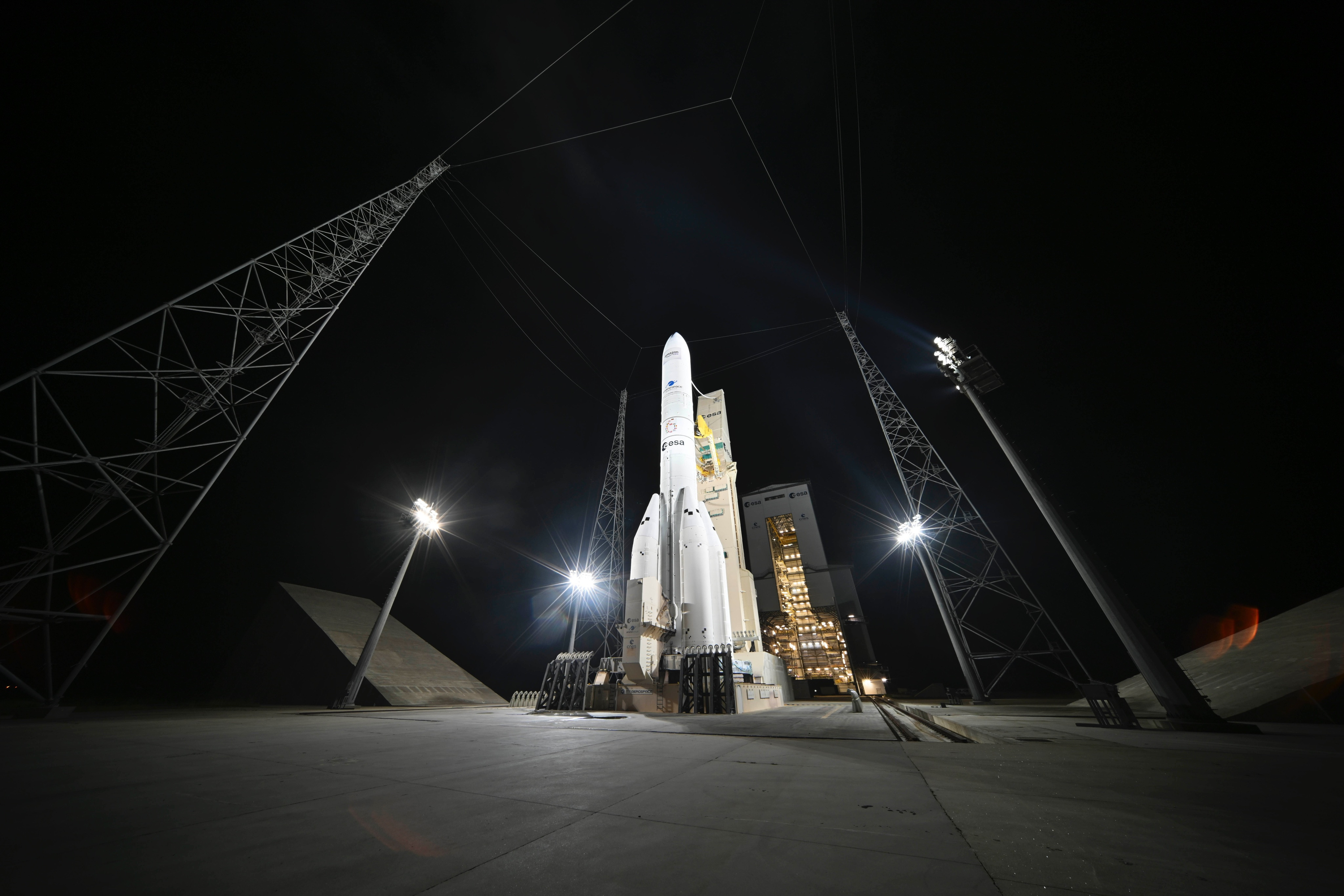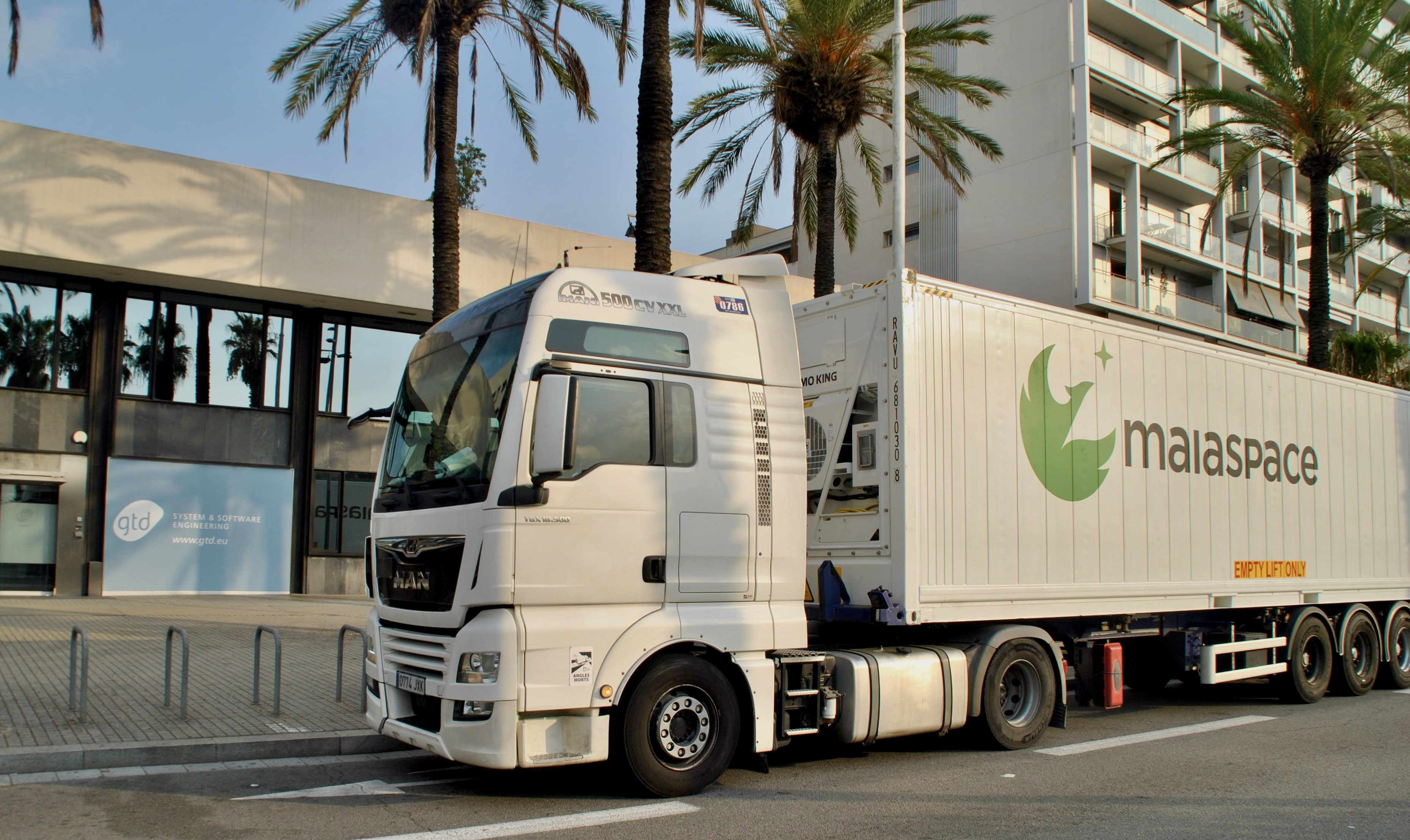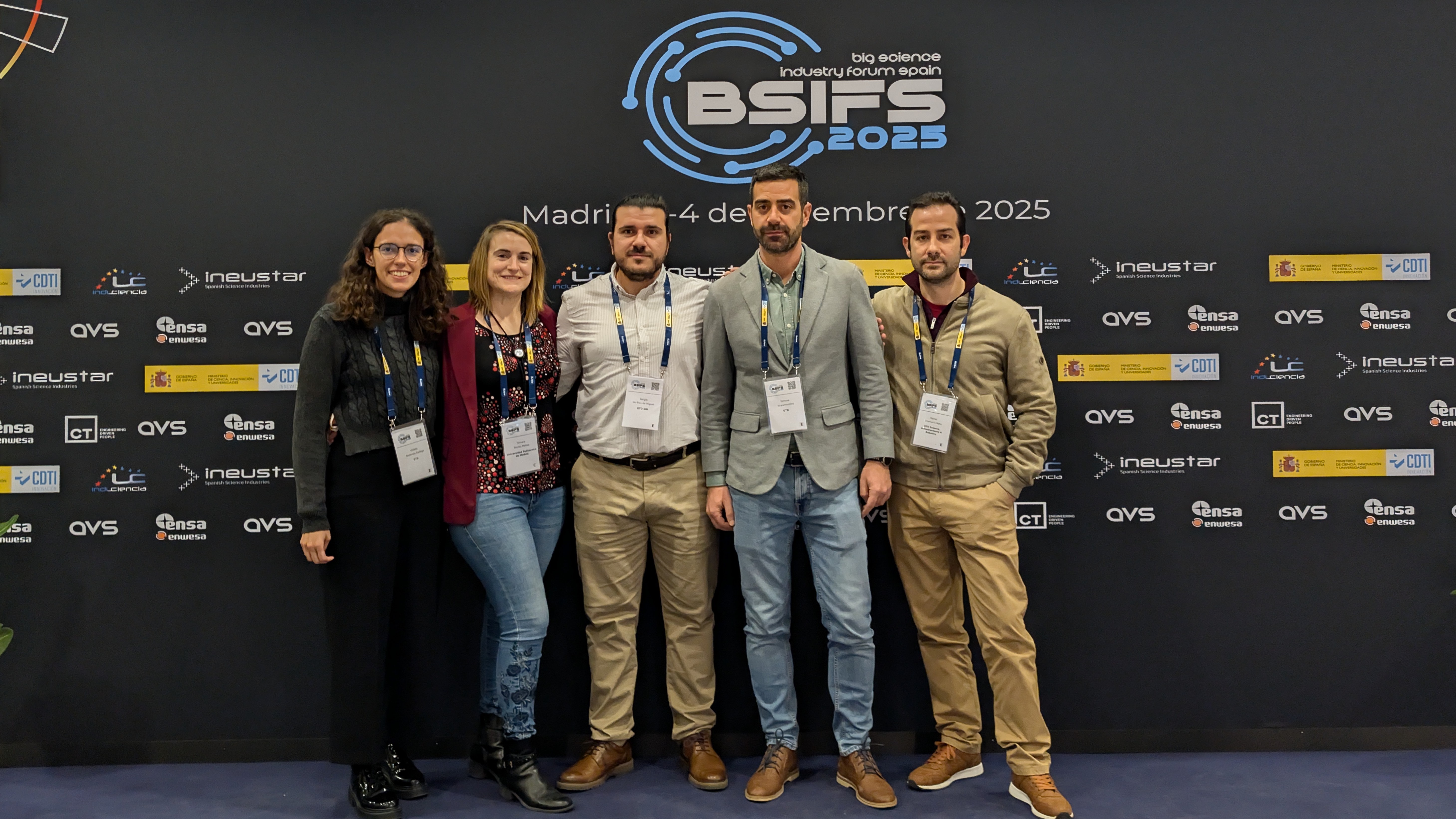Soyuz begins its ascent from French Guiana with the payload of two Galileo In-Orbit Validation (IOV) satellites. Arianespace opened a new chapter in space history today with a milestone double mission success that marked the Soyuz launcher’s inaugural flight from French Guiana, and which placed Europe’s first two Galileo navigation satellites into orbit. Lifting off from the ELS launch site in the Spaceport’s northwestern sector, the Russian-built Soyuz performed a 3-hour 49-minute flight to inject its two Galileo In-Orbit Validation (IOV) spacecraft into a circular medium-Earth orbit. With today’s success, GTD even more in the industrial cooperation ‘track record’ within the European Spaceport history. From 2005, GTD has been hardly working in the conception, construction, installation commissioning and certification of several critical computer systems of the SOYUZ launch pad. Soyuz is one of the world’s most utilized launch vehicles, having literally ushered in the space age and performing manned/unmanned missions from its long-operating launch bases at Baikonur Cosmodrome in Kazakhstan, and Russia’s Plesetsk Cosmodrome. The maiden flight from its new “home” at the Spaceport marked Soyuz’ 1,777th launch, and began at exactly 07:30:26 a.m. local time in French Guiana – a precise moment of liftoff to enable the Galileo satellites’ injection into their proper orbital plane. The Soyuz is launched from a new site created within the Spaceport’s territory near the town of Sinnamary. Located 13 kilometers from the Ariane 5 launch complex, it is patterned after the existing Baikonur and Plesetsk Cosmodrome facilities, incorporating a massive multi-level concrete launch pad. Operators at work in the SOYUZ launching center The Galileo payloads were carried on a dispenser developed for Arianespace that accommodates these spacecraft in a side-by-side arrangement. The satellites were deployed with the use of a pyrotechnic separation system that simultaneously released them in opposite directions. Soyuz begins its ascent from French Guiana with the payload of two Galileo In-Orbit Validation (IOV) satellites. Europe’s Galileo network is being developed in a collaboration of the European Space Agency and European Union, with the goal of providing highly accurate, guaranteed global positioning services. Bravo Arianespace!! Bravo the CNES!! Bravo the Russian Federal Space Agency !! & Bravo to all GTD’s engineers who have collaborate in this magnificient project.















